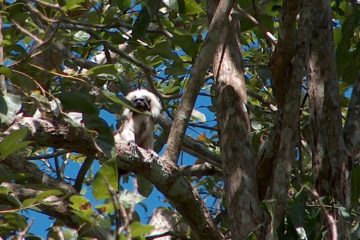
Going the Distance to Preserve Biodiversity
Developed by researchers at the University, Distance is arguably one of the world’s best tools for monitoring biodiversity.
Digital approaches, platforms, and technologies are transforming our world profoundly. Digital St Andrews will accelerate a digital way of thinking and working in education, research, and how we operate, communicate, and connect. Digital St Andrews will provide valuable avenues for intellectual growth in education and research. Digital education will fundamentally broaden the access global learning audiences have to St Andrews and will provide opportunities to develop our diversity and make the University more resilient.

Developed by researchers at the University, Distance is arguably one of the world’s best tools for monitoring biodiversity.
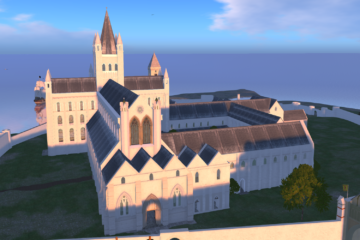
Collaborations between university academics and external institutions have brought locations that were thought lost back into view and engaged new audiences in the digital humanities.
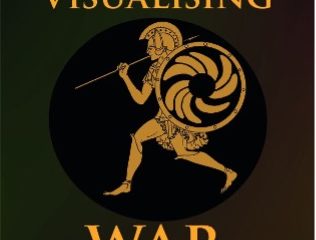
How do war stories work? And what do they do to us? Each week, the Visualising War project invites new guests onto its podcast to explore these important questions.
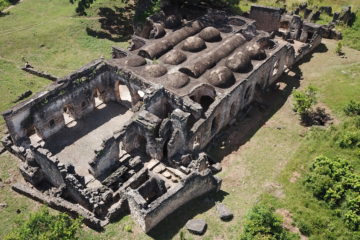
By crowdsourcing images of destroyed heritage, Professor Richard Bates offers a glimpse into a world as it used to be.

The first of its kind in the world, the Centre for Energy Ethics engages members of the public with art and science through initiatives like the virtual gallery, which is open now.
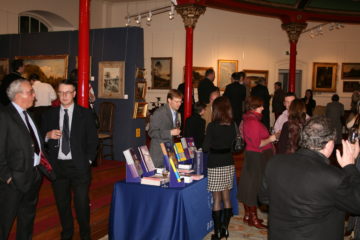
The Universal Short Title Catalogue (USTC) as it is today began in 1995 as the ‘French Religious Book Project’. Initially exclusively focussing on, perhaps unsurprisingly, French books, the 26 ensuing years have seen…